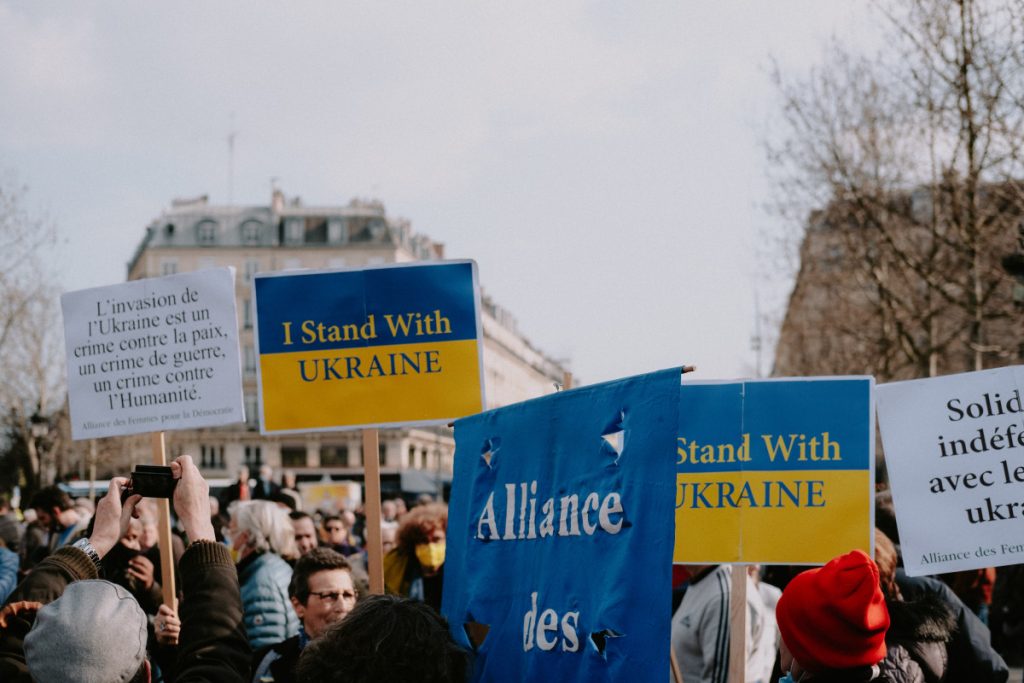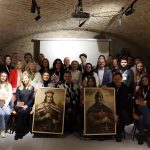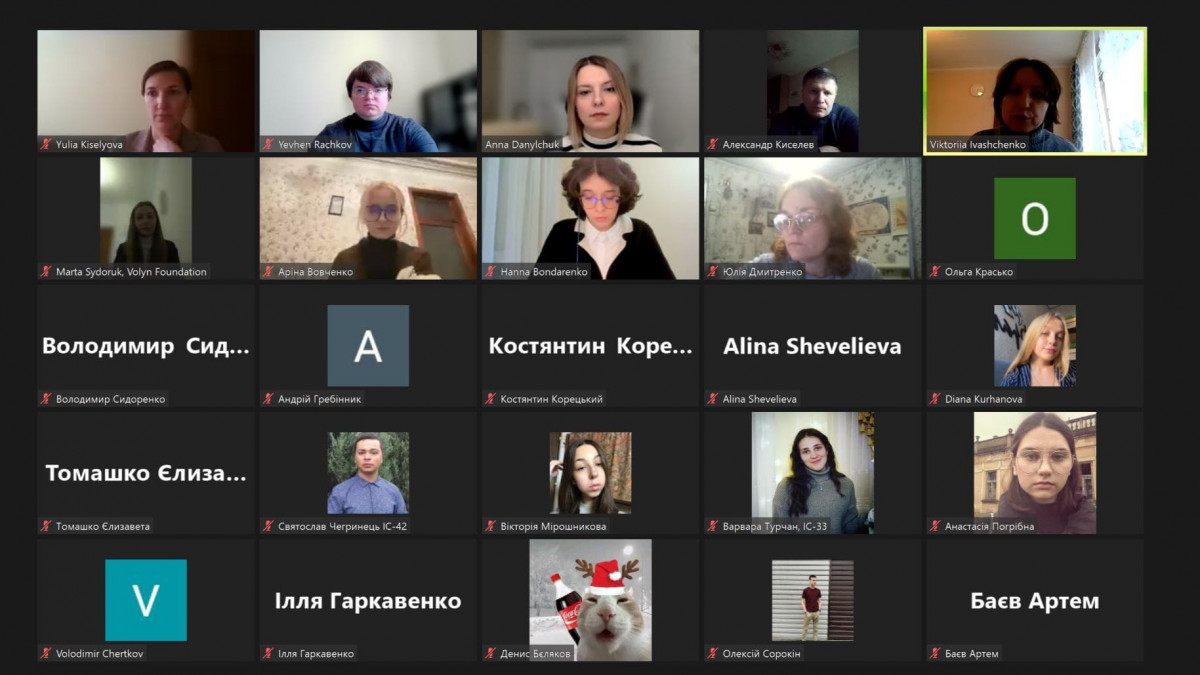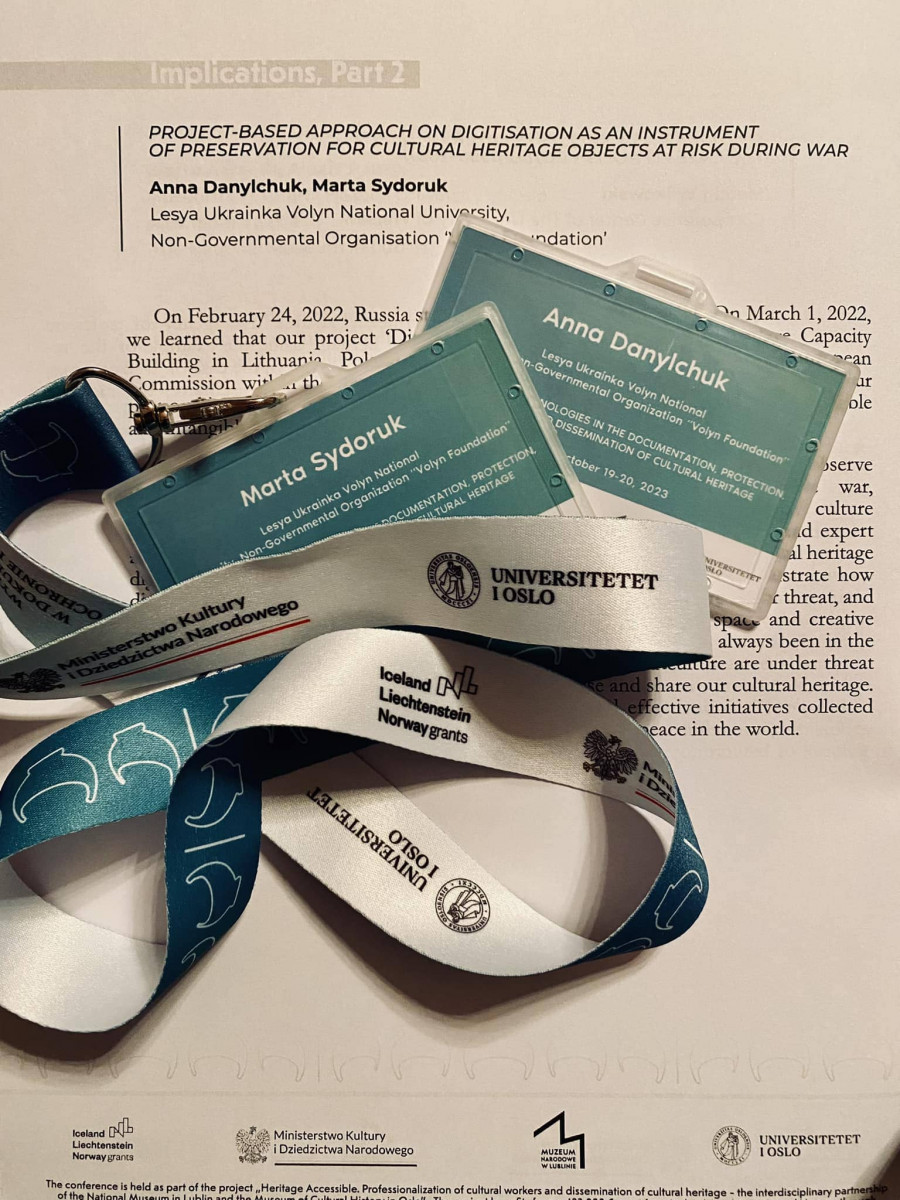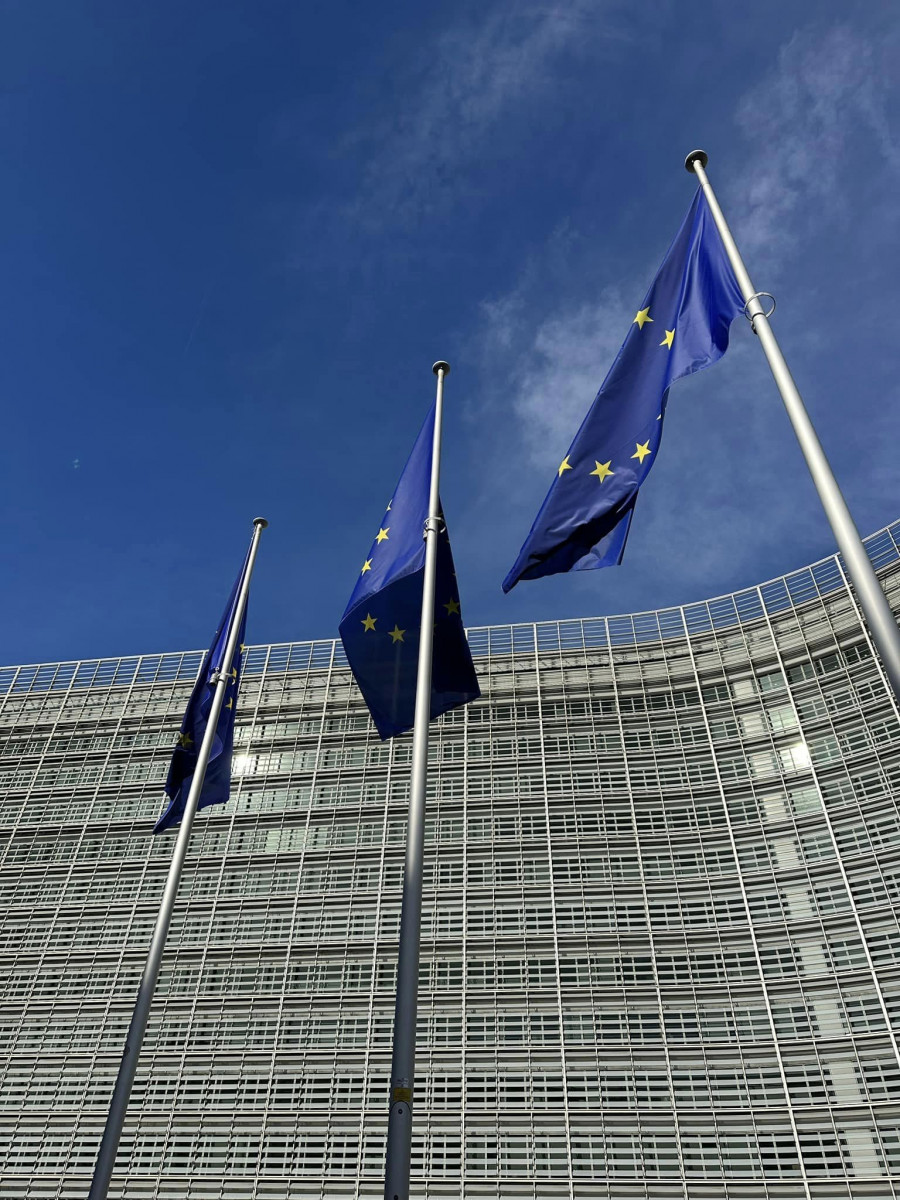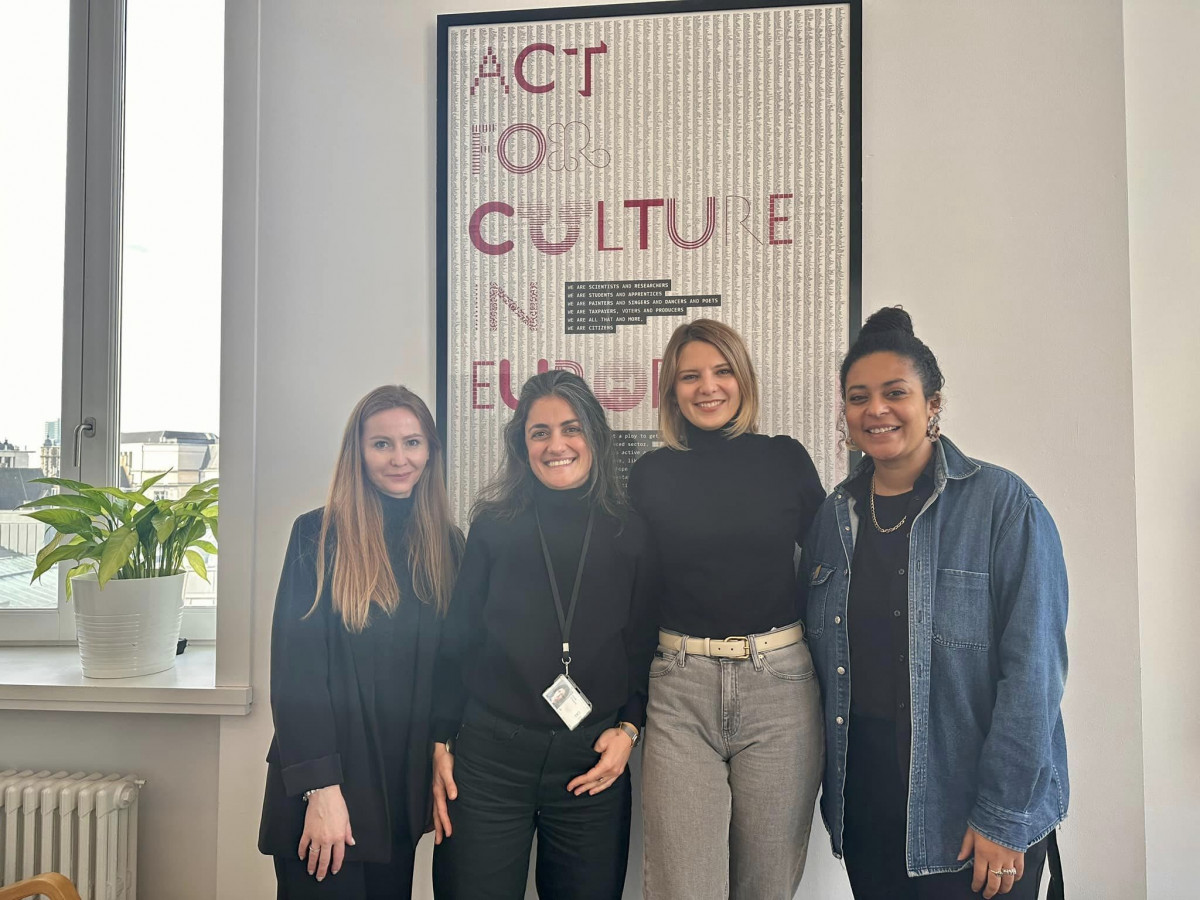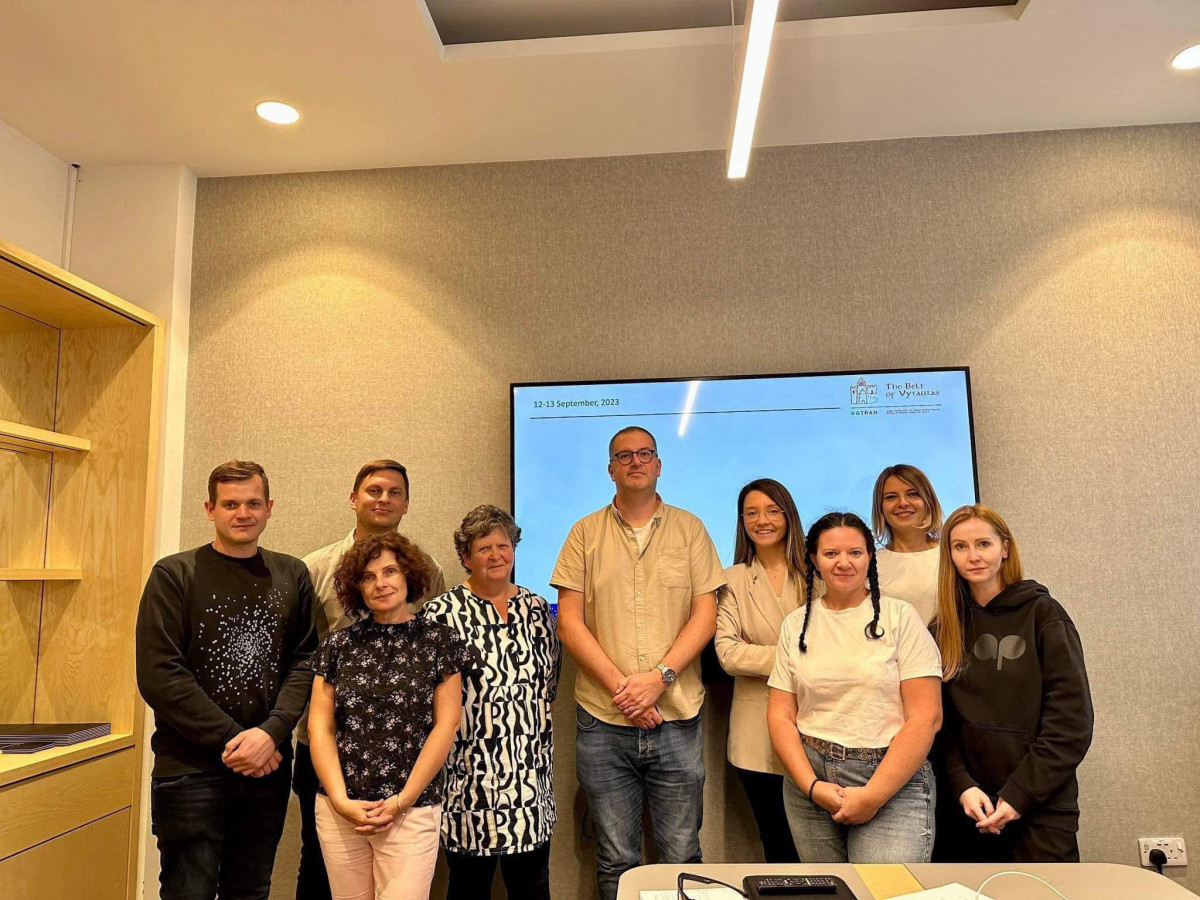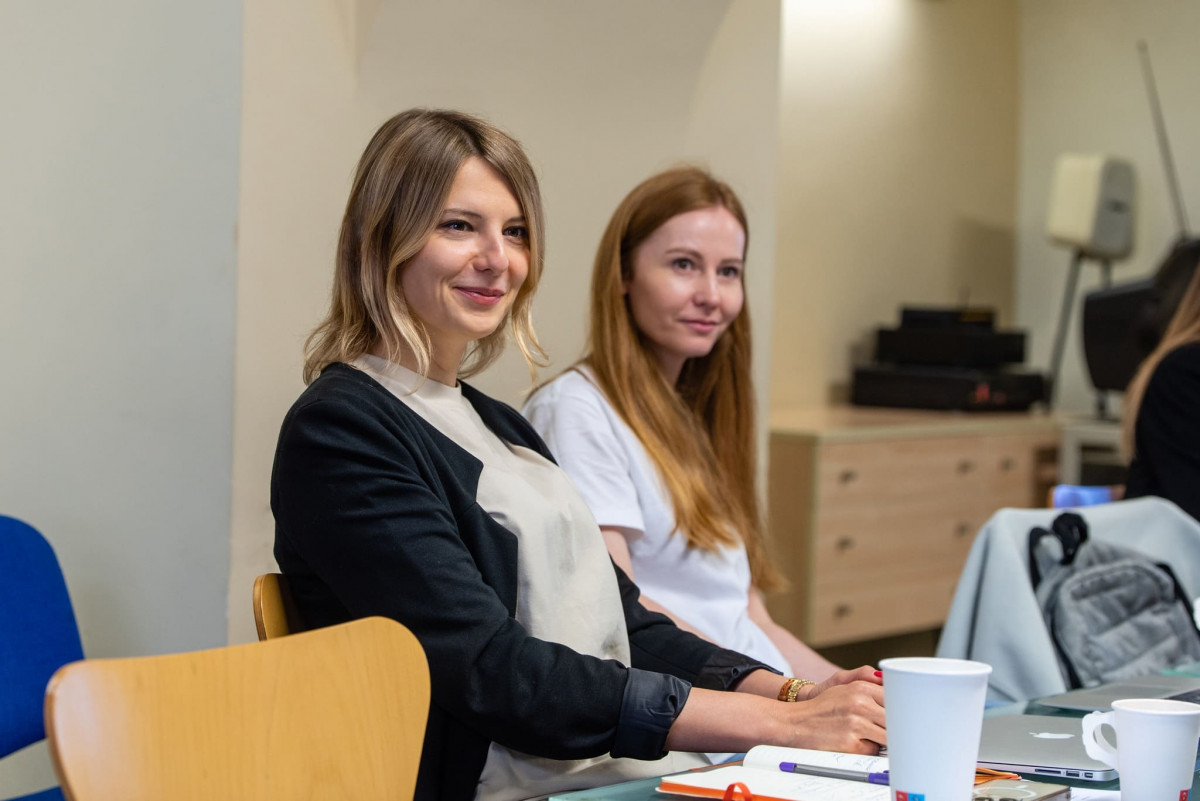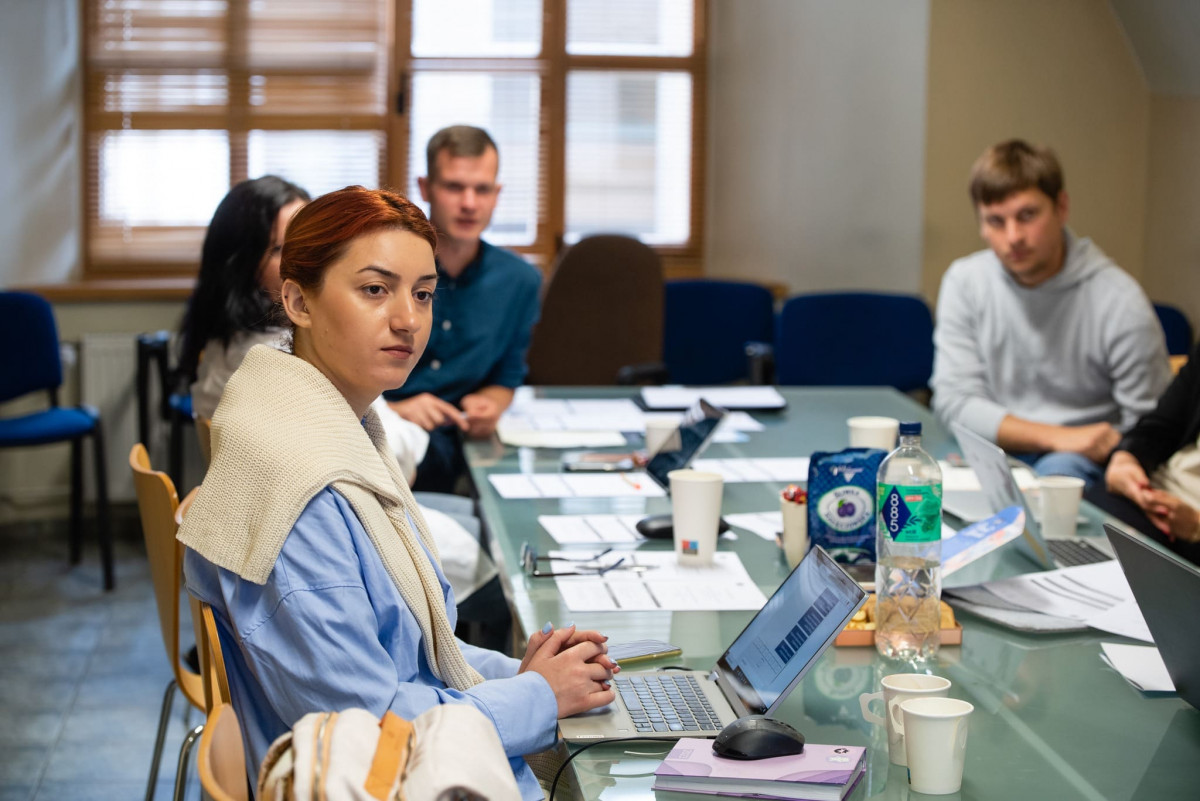Most of the positive changes in the modern history of Ukraine are generated by its civil society. Let’s recall at least the revolutions of 2004 and 2014, the protected course towards the European Union and NATO, the unique volunteer and volunteer movements during the Ukrainian-Russian war. All this would not be possible without active people who are able to critically analyze information, self-organize and act. And among the classic set of abilities and skills of an active citizen, media literacy must be present.
Since at the beginning of the twentieth century, written literacy was the key to a successful life and career, so in today’s information society it is impossible to be effective without access to media, the ability to understand and critically evaluate their content and independently create communication in various contexts. It is also important to remember that media literacy is a fundamental skill not only for the younger generation, but also for adults (elderly people, parents, teachers and mass media workers, doctors and businessmen). After all, technological changes allow almost all people to become not only consumers, but also creators of media content.
The war with Russia, which is also being waged in the information field, has forced many to realize the need for basic training in media literacy in absolutely all spheres of professional activity of Ukrainians. So when planning trainings or seminars, even on gardening or cultural heritage protection, try to spend a few hours getting to know the key elements of media literacy. Which should include:
- The ability to provide oneself and others with access to mass media and media content;
- A critical approach, the ability to decipher media messages, awareness of how mass media work;
- Creative, communicative and production abilities of each user and a responsible attitude towards the production of media content.
Media literacy also refers to the skills and knowledge that enable citizens to use media effectively. Media literacy empowers them through critical thinking and creative “problem-solving skills,” making them informed consumers and producers of information. It also helps counter the effects of disinformation and fake news campaigns, which are especially common and dangerous in times of war through digital media.
This publication was prepared within the framework of the project “Citizenship for Democratization” with the assistance of the European Union, which is carried out by the Institute for Economic Research and Policy Consultation. The content of this publication is the sole responsibility of the NGO “Volyn Foundation” and in no way reflects the point of view of the European Union and the Institute of Economic Research and Political Consultation.
Anna Danylchuk, NGO “Volyn Foundation”



